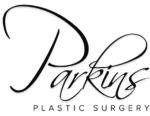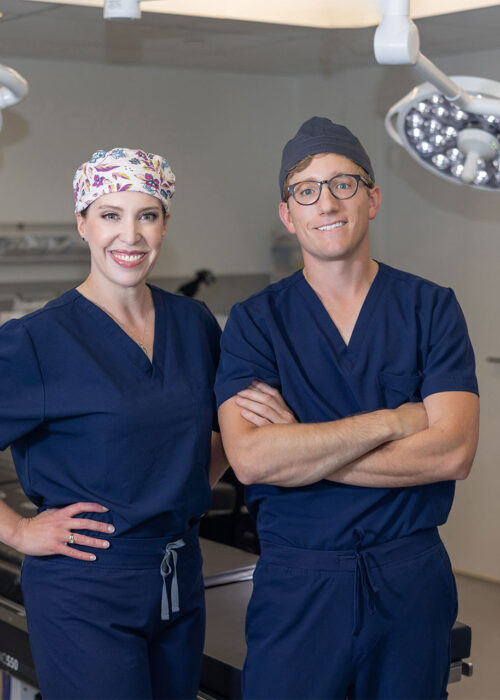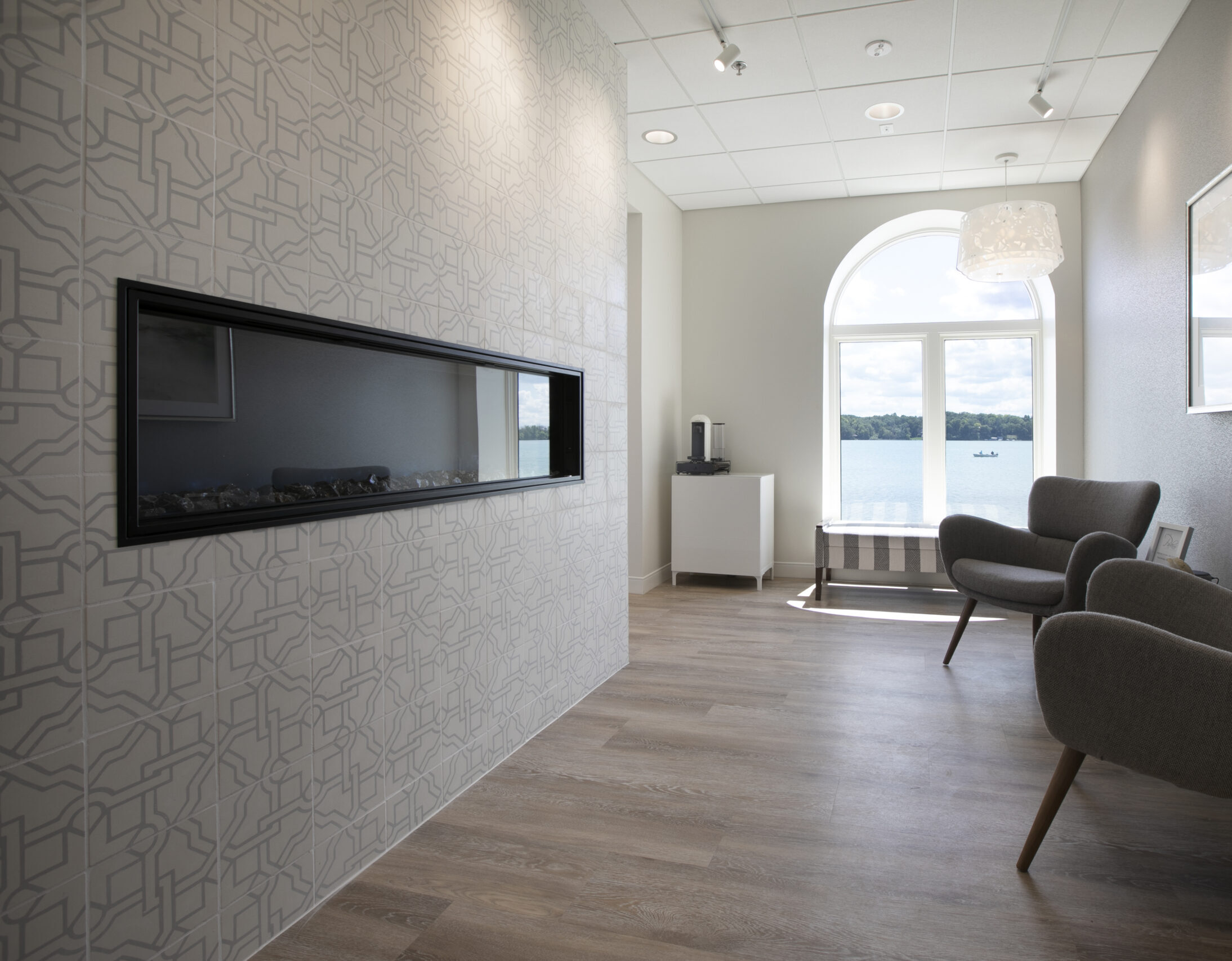Few medical devices have been studied as thoroughly as breast implants. Since their introduction in the 1960s, silicone breast implants have been subjected to numerous studies assessing their safety for long-term use. The vast majority of these studies have shown that breast implants do not cause any serious illnesses, including cancer. However, in recent years, concerns over one specific type of implant have arisen owing to its possible link to BIA-ALCL.
Before you get breast implants, it’s important to review the latest health and safety information. Debunking myths surrounding breast implants and cancer will help you select the right implants to meet your needs and ensure your peace of mind.
What are Siliconee Gel Breast Implants Made of?
One popular misconception about silicone breast implants is the idea that these devices contain numerous harmful chemicals that gradually leak out into the body. In reality, this isn’t the case: Breast implants are made out of 100% biocompatible medical-grade silicone. The FDA oversees the production of medical-grade silicone, so this product is held to very strict standards of purity and durability.
Medical-grade silicone is stable and inert; it will not break down after implantation, so unless an implant ruptures, the compounds within it remain contained. Medical-grade silicone is used in a wide variety of medical implant devices, including cardiac implants and hearing aids, precisely because it has such an excellent safety profile.
Do Breast Implants Cause Breast Cancer?
The theory that breast implants cause breast cancer has been disproved. In the past, some experts believed there might be a small association between silicone implants and breast cancer. However, after doing further research, they discovered that breast implants simply make mammograms more difficult to read. Pre-cancerous changes in breast tissue were therefore going undetected in patients with breast implants, making it look as though this group had an elevated risk of developing breast cancer. Today, most surgeons advise their patients to have a mammogram before having implants inserted. This way, any issues will be detected before their implants are placed.
What is BIA-ALCL, and What Causes It?
BIA-ALCL (Breast Implant-Associated Anaplastic Large Cell Lymphoma) is a very rare form of non-Hodgkin’s lymphoma that may be related to one type of breast implant: Textured silicone gel implants. BIA-ALCL is not breast cancer; it’s a cancer that grows in the cells of the immune system.
Siliconee isn’t carcinogenic, so experts aren’t sure why this link exists. One theory suggests that the textured surface of these implants facilitates bacterial overgrowth, and this bacteria plays a role in the development of BIA-ALCL.
Though the word “cancer” is frightening to many people, it’s important to understand that BIA-ALCL is both preventable and highly treatable. BIA-ALCL has not been linked to smooth silicone gel implants or saline implants, so avoiding the use of textured implants is the simplest way to prevent BIA-ALCL. If you have textured implants, you may wish to consider having them replaced with smooth implants.
Even in patients who have textured implants, BIA-ALCL is extremely rare (and seldom dangerous). To date, only just over 600 cases of BIA-ALCL have been identified, out of the millions of women around the world who have breast implants. If you have textured implants, your lifetime risk of developing BIA-ALCL is approximately 1 in 30,000.
Most cases of BIA-ALCL remain confined within the capsule of tissue that surrounds each implant. As such, performing breast implant removal surgery usually gets rid of this cancer. BIA-ALCL rarely invades surrounding tissues.
Breast Surgery: Exploring Your Options
When weighing any decision as personal as having breast augmentation surgery, it’s important to carefully consider the risks and rewards. For professional guidance and compassionate, honest care, contact female plastic surgeon Dr. Maida Parkins. She’ll be happy to help you make a change, whether you’re interested in undergoing breast augmentation, revision, or breast implant removal.


